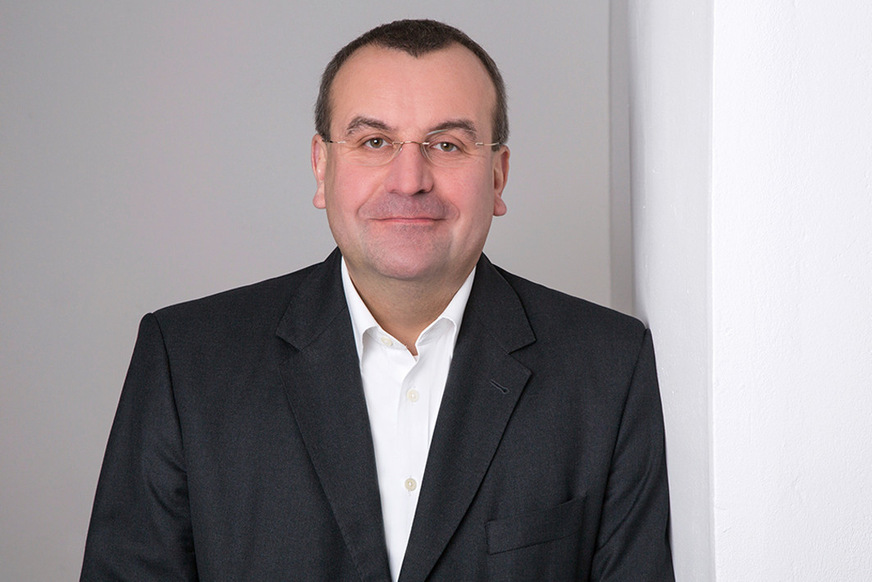The Havana or Cuba effect is a market phenomenon familiar from the automotive industry. It is understood to mean that sales collapse because economic conditions such as inflation, interest rates, high prices and other factors unsettle consumers, causing them to refrain from buying a new vehicle. They then continue to drive their old car as long as they can, as can be seen impressively on the streets of Havana. The environmental impact, fuel consumption and many other things that are in line with the important pursuit of sustainability are not taken into account.
See also: How will rising energy prices impact the glass sector?
To my mind, we see many parallels here with the construction elements and glass industry in particular and the construction industry in Germany in general. What we also face is the risk that consumer uncertainty will be significantly increased by a lack of planning certainty in the absence of clear and effective political framework conditions and misguided subsidy policies.
The signs point to gloom
Building permits for residential construction have plummeted: according to the Federal Statistical Office, only 23,500 new homes were approved in May, a fall of 26 per cent compared to the same month last year. Things are unlikely to improve in the coming years either: the Ifo Institute expects a drastic decline in residential construction in Germany - the researchers only expect 200,000 new homes to be completed by 2025 alone. That is half as many as the German government has promised each year.
According to the figures, 295,300 flats will still be completed in 2022. According to the Ifo projection, this figure will fall to 245,000 this year and then to 210,000 new flats in 2024 (source: Ifo Institute).
In recent years, we have experienced an unprecedented boom, which, coupled with the effects of the coronavirus pandemic such as supply chain problems, high sickness rates and delays on construction sites, brought us to the limits of our capacity in the years 2020 to 2022. Now, in 2023, we are slowly but surely experiencing a contrasting programme that could hardly be clearer and will very likely accompany us at least until 2025.
Also interesting: European Facade Summit 2024 in Vienna
Despite growing pressure from all construction-oriented industry associations, we are not seeing any coordinated action on the part of politicians or sufficient activities to give building owners a sense of planning security and to set up funding programmes that really work. This is having a lasting negative impact on the renovation sector, which is also gradually becoming apparent in the order books of our companies. As a result, we cannot count on the previously secure order volume from renovation work.
Now is the time to change course
It is high time to read the signs of the times correctly. In my view, this means that all companies in the construction supply industry must adapt to the changed conditions and change course significantly. Now is the time to heed the following twelve important points in strategic and practical management work:
· Examine your own business model with regard to upstream (suppliers and service providers) and downstream processes (customers) for the need for change (insourcing, outsourcing, alliances) in order to realise additional synergies and economies of scale.
· Switch to active selling in internal and external sales with clear sales targets (turnover, contribution margins, customers) and emphasise the unique selling proposition (USP) of each company combined with a significant increase in customer orientation.
· Ensuring the value for money of all products and services.
· The price-performance ratio must be right!
· Constant and intensive negotiation of price and payment conditions with suppliers and service providers - in most areas, producer prices have fallen significantly in recent times, and these price developments must also be passed on to the manufacturer.
· Flexibilisation of personnel costs through intensive use of flexible working time models, short-time working and the introduction of target achievement-based incentive systems for remuneration.
· Ensure a high level of transparency for all costs - especially material costs - and consistently implement cost reduction programmes on the basis of clear targets.
· Put the efficiency and effectiveness of all business processes to the test and, if necessary, consistently carry out process and structural reorganisation (business process reengineering), setting clear quantified targets.
· Optimise working capital by reducing inventories of primary products, consumables and supplies as well as finished goods with the aim of increasing the inventory turnover rate.
· Improve accounts receivable management through shorter payment terms and consistent tracking of outstanding receivables with the aim of accelerating capital turnover.
· Paying the greatest attention to credit risk management, taking out trade credit insurance and working with payment guarantees or advance payment arrangements.
· Approaching financiers in good time to ensure sufficient room for manoeuvre for short-term liquidity requirements with the aim of being able to access additional liquidity immediately and, if necessary, rescheduling short-term and long-term financing.
· Checking all investments for profitability, implementation period and a sufficient return on investment (ROI) with the aim of only carrying out investments if they will be profitable within three years.















